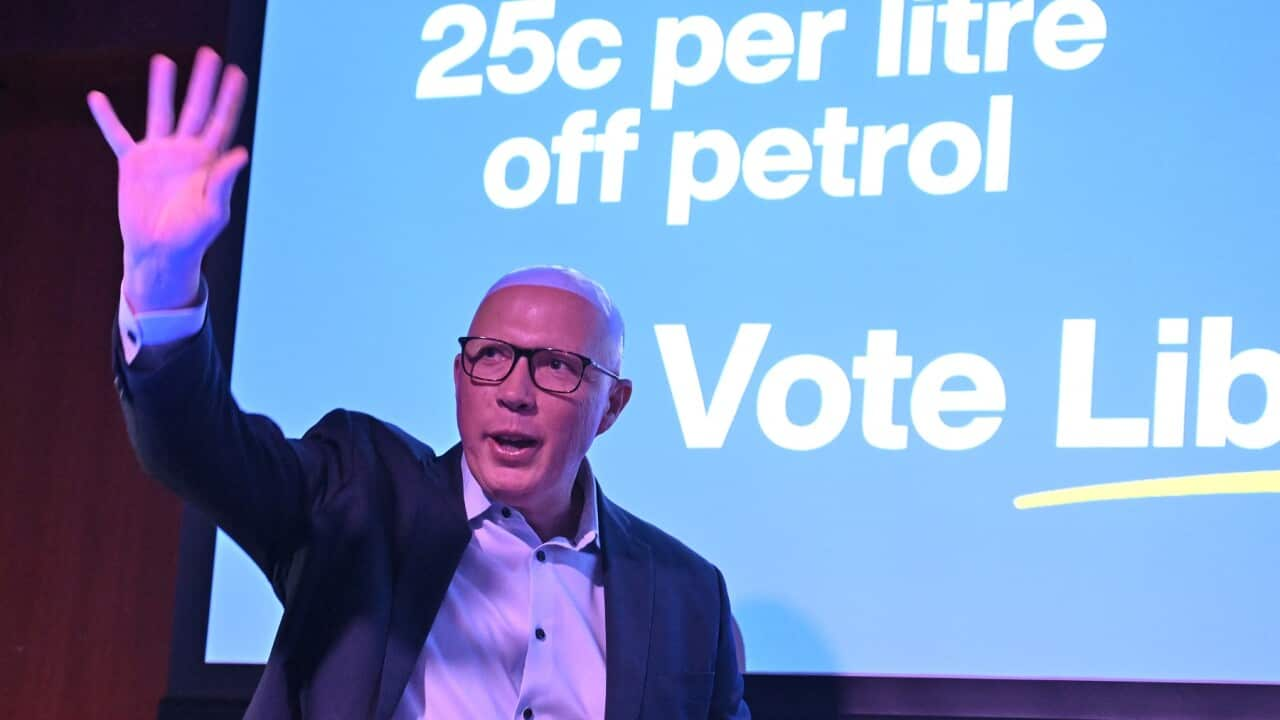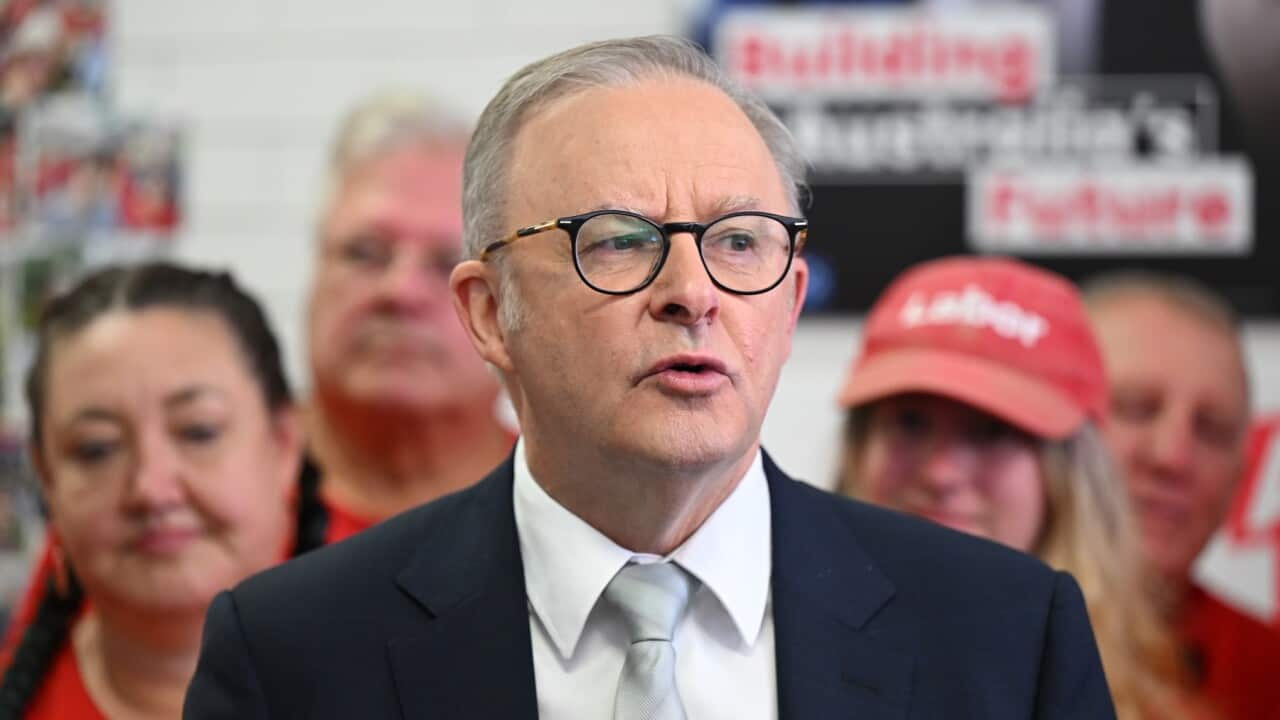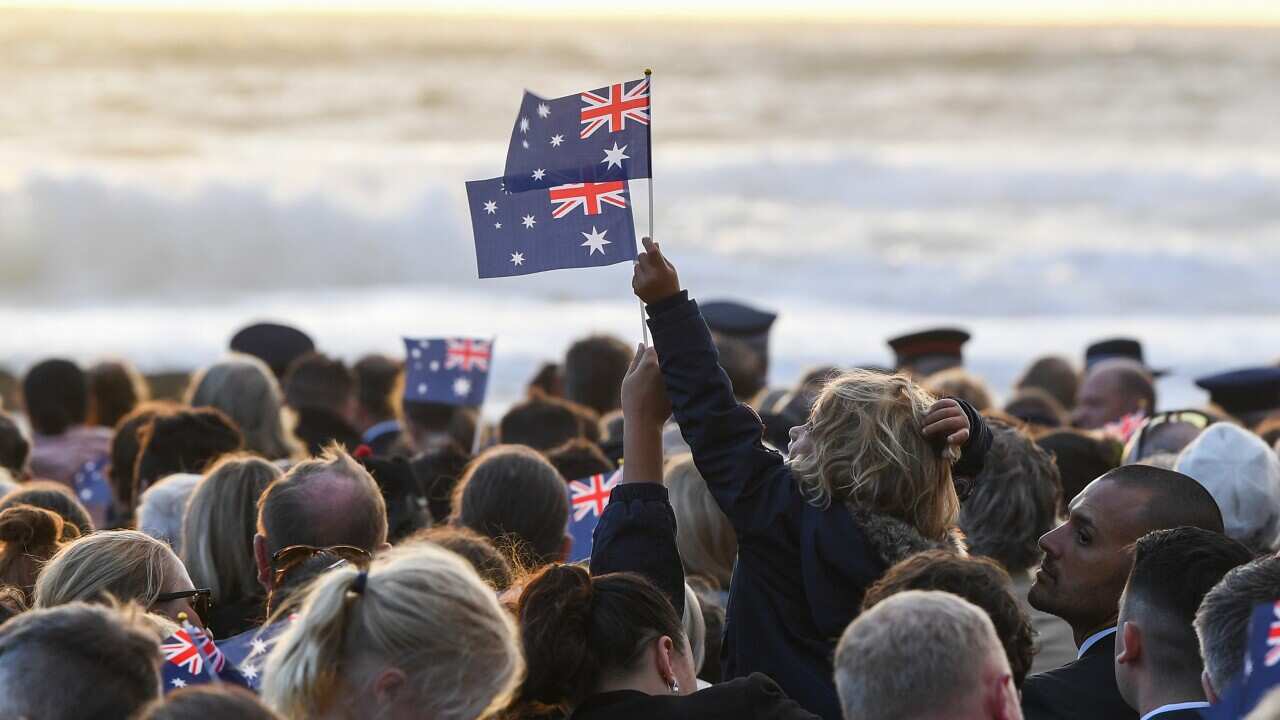TRANSCRIPT
Donald Trump is back and so are...
"...plastic straws. And I don't think that plastics are going to affect a shark very much as they're eating, as they're munching their way through the ocean."
The US President earlier this week reversing a planned phase-out by the Biden administration.
But both environmentalists and experts are emphasising the impact of plastic pollution not only on wildlife, but on human health too.
A growing body of scientific research is finding microplastics are infiltrating the environment, and as a result, our bodies as well.
Dr Cassandra Rauert is a a senior research fellow at the University of Queensland's Alliance for Environmental Health Sciences.
"Plastic straws, plastic cutlery, plastic takeaway containers, all of those single use plastics are unnecessary but they're a major source to landfill, and then they get into the environment, and once they get into the environment, that's when they breakdown into these smaller particles that are really quite hazardous."
Dr Rauert notes too that most plastics are made from a suite of potentially dangerous of chemicals.
"There are thousands of chemicals that are used in the production of plastic. These chemicals remain inside the plastic pieces. They get into our bodies and we do have very serious health effects from those."
Americans use between 170 and 330 million plastic straws each day.
And by some estimates, the figure in Australia prior to bans was around 10 million.
Jennifer Macklin from Monash University's Sustainable Development Institute says they rarely get recycled, so they end up in landfill or the environment.
"Plastic straws, technically the material that they are made from is recycled, but because of the shape that they are long and very, very thin, they're actually not accepted in most Australian recycling systems because they are co-mingled recycling, where everything that goes into together has to be separated out, and they're usually too small to be separated, so they belong in the red bin, in the rubbish bin."
Most Australian states and territories have implemented bans on plastic straws along with other single-use plastic items
The Northern Territory and Tasmania have both proposed a phase-out, which is expected to come into force this year.
However, plastic straws have not been completely eliminated. They are required by groups with particular medical or accessibility needs and so they can still be stocked by retailers, restaurants and cafes.
But Professor Macklin say the overall reduction is having a impact.
"A number of the states have actually reviewed the implementation and the effectiveness of their bans to date, some of these bans have been in place for two or three years and all of these bans are showing positive impacts. So we are seeing these bans are actually reducing the number of plastics straws going into either landfill, or the environment."
Paper straws are an alternative, though the US President is clearly not a fan:
"These things don't work. I've had it many times and on occasion they break, they explode. If something's hot, they don't last very long, like a matter of minutes, sometimes a matter of seconds. It's a ridiculous situation."
Paper straws are widely considered a sustainable alternative because they break down much faster than plastic, but in some cases they too can be flawed.
Recent studies have found some contain so-called 'forever chemicals' or PFAS.
Judith Enck is the President of Beyond Plastics, a US-based organisation that aims to stem the tide of plastic pollution.
"I think having the paper versus plastic straw debate is kind of missing the point. The real solution is, whenever possible, skip the straw."













